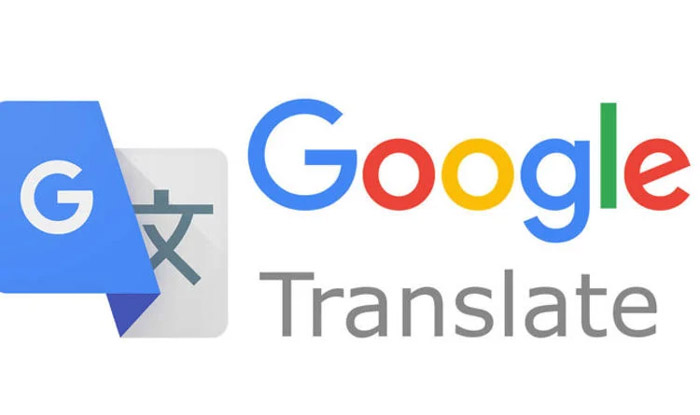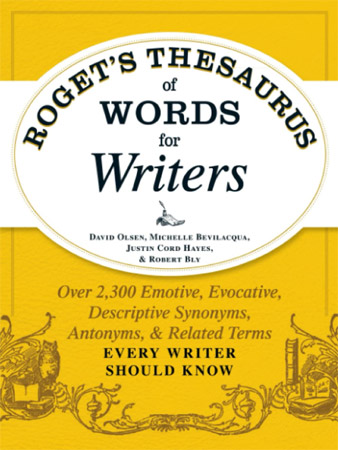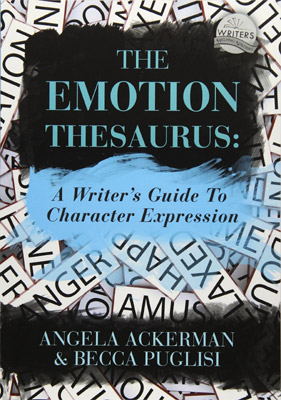
Words are writer’s lifeline because it is these words that when combined together makes the emotions alive on a piece of paper. Without words a writer’s world is like an ocean without waves, desert without sand. His existence in the world of books is measured by the words he combines to write down which might have the capability to move mountains too. But at times even the vast knowledge fails and a writer falls short of words. So at that time the saving armor had been a dictionary only. In today’s era of digital medium writers are writing online so they prefer to choose “Online dictionary for writers” specifically.
Online dictionary for writers is a blessing in disguise as there are times when a writer suffers to get the correct word for his expression but couldn’t recall it. At that point of time the idea of using an Online dictionary always pops up in the mind of a writer. Not only to find the correct synonym for the expression of the thought but for other features like spelling as per the language used by the writer. For example there are many words which have different spellings in US English and British English. Such problems are solved with the help of an online dictionary.
Let’s talk about some popular and most widely used online dictionaries for writers available on the internet. These are as follows:
1. Grammarly- It is an online dictionary as well as an editing tool. It is available in both free or paid versions. It is an online dictionary for writers especially for those who mainly work online like bloggers, influencers etc. Grammarly can correct over 250 types of typos and sentence errors.
2. Google Translate- as the name suggests it is an online dictionary for writers who love to write across different demographic regions. So, google translate helps the writer to translate words from English to the desired local language by the writer. This way the writer can expand its target audience and can do a variety of work too. You have to keep it open all the time when you need to translate a word you discovered in a local language. Nifty features of google translate helps in translating languages from any other app or texts, voice translation and text-in image translation.

3. Wordnik- in this online dictionary for writers every word has multiple definitions and meanings. These definitions and meanings are taken from valid sources like news reports, world wizards, etc. One more important thing to remember is that the definitions and meanings are ranked on the basis of accuracy and utility of the word.
4. Merriam-Webster- This is one of the largest online dictionary communities in the US. Not only that it is the oldest and most widely accepted and trusted online dictionary for writers. It is highly recommended for every newbie writer who is planning to learn the art of writing.
5. The Free Dictionary: this online dictionary for writers can be called as a one stop solution. That’s why it is one of the most widely and largely used online dictionaries present around us. It is enabled with search options like Wikipedia searches, synonyms, acronyms, languages, etc.
6. Urban Dictionary: as the name suggests it is not your regular online dictionary for writers, it is a quirky, off centered approach towards the words. It comprises all sorts of unconventional words or slangs or pun words definition. Not only that, it also asks as a feedback from users whether any new word introduced by any user is worth adding to the dictionary or not. It is the most helpful online dictionary for writers who love to write fiction or humor or satire genres.
7. BrainyQuote: as the name suggests if a writer or an amateur is looking for any kind of quote then this online dictionary for writers is a must stop. The quotes are classified on the basis of the author and topic. Inspirational, motivational, funny, sarcastic, thoughtful, etc various varieties of quotes are available and updated regularly.
Online Thesaurus For Writers
Before we move ahead and talk about online thesaurus for writers. It is important to know what thesaurus is? Well, thesaurus can be defined as a book that lists words grouped together according to similar meanings (Synonyms) or sometimes by opposite meaning words (antonyms). The very first modern English thesaurus was published in 1852. It may arrange words alphabetically or conceptually and the largest thesaurus has more than 920,000 words.
The most commonly used Online Thesaurus for writers include:
1. Roget’s Thesaurus Of Words for writers – well it can be called the Bible of Thesaurus. With the changing times and medium of writing this thesaurus is also updated for 21st-century use. The online version provides the meaning, pronunciation guide, definition, antonyms and synonyms along with a sample sentence.

2. Oxford American Writer’s Thesaurus — this online thesaurus for writers is an authoritative guide for using vocabulary. It includes real life example sentences with the most carefully picked relevant synonyms. It also includes usage notes and hints for choosing between similar words. It comprises 300,000 synonyms and 10,000 antonyms. Other features include a quick guide to easily confused words; real-world usage guidance to tricky sticking points of grammar and word choice; also an excellent distinction among awkward synonyms.

3. The Emotion Thesaurus: A writer’s guide to character expression — as the name suggests if a writer needs guidance in shaping the emotional responses of the character then this thesaurus is a must. As it includes body language cues, thoughts and visceral responses for 130 emotions. This wide variety of words for emotions helps in individualising a character’s reactions in an appropriate way. So that they feel more realistic when a reader reads the book thus developing the connection between the book and the reader. It helps in creating clear, sharp, fresher expressions of the character.

Suggested Read – 10 Ways On How To Start A Writing Career & Be Successful At It
4. The thinker’s Thesaurus: Sophisticated Alternatives to common words — this online thesaurus for writers helps in finding some out of the league alternative words for the common words used by the writers community across the globe. So if a writer is looking for some distinctive words for his story and narration then go ahead and explore some unusual and unheard words in place of contemporary words.

Whether you are following an online dictionary for writers or an online thesaurus for writers, the purpose is to help the writer whenever he struggles to find the correct and most appropriate word for the thought. As the correct word helps in expressing the emotion, situation, feelings, surroundings, etc. in a better way. This helps in forming a strong connection with the readers if the words used are able to match the feelings and emotions of the characters of the story. This connection is the reason that a book has the power to become a timeless and classic piece of writing.





